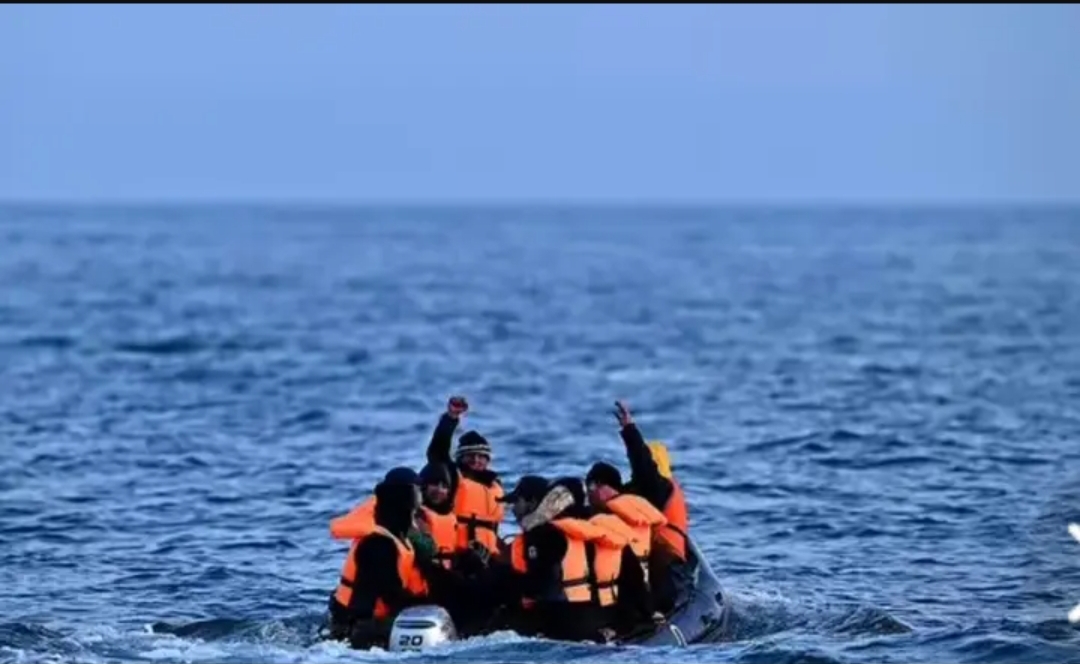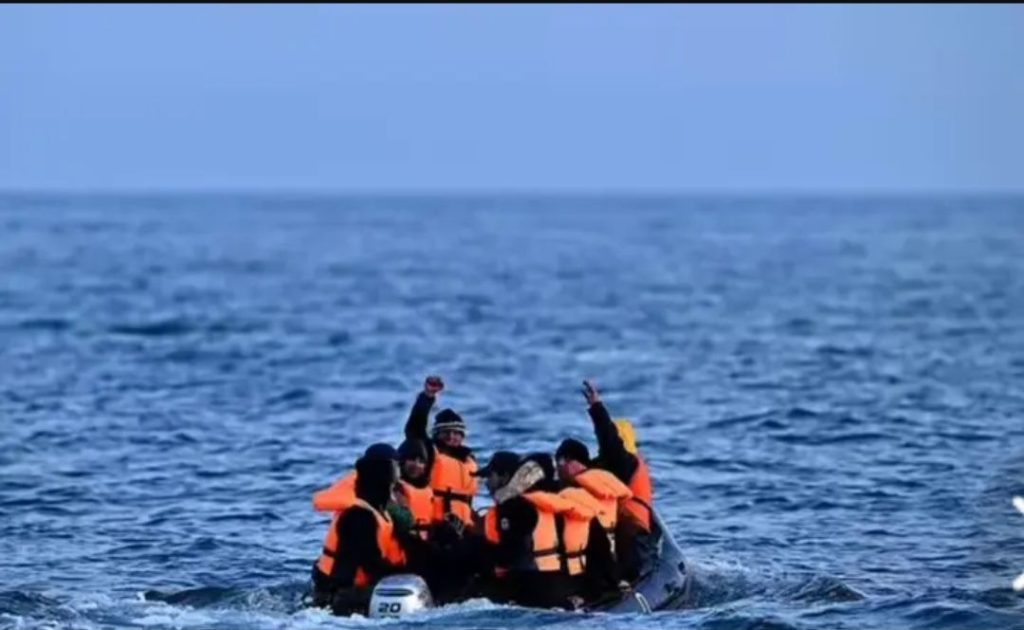
The UK government is waging a “three-pronged attack” to break the business models of people smugglers bringing migrants across the English Channel, Home Secretary James Cleverly has announced.

According to a report by Express, the plan aims to block profits, cut off boat supplies, and deter asylum seekers from attempting the dangerous journey.
“At every stage – whether frustrating and harassing the criminal gangs responsible for this vile trade to persuading people who would risk their lives and savings to make this incredibly dangerous crossing, and to removing the sub-standard equipment to make crossings – we have already been having an effect,” said a source close to Cleverly.
Officials describe the tactics as making smugglers’ lives “more difficult” by obstructing their operations. This is intended to reduce migrant confidence in smugglers and channel crossings, prompting them to seek refuge through legal pathways instead.
A key focus will be renewed efforts to seize smugglers’ “vast profits”. Investigators are looking at the criminals’ convoluted finances and money flows.
The gangs exploit an ancient underground payment system called “Hawala” which sees a third party pay a ‘handler’ in migrants’ home countries. The money is held until migrants reach the UK.
Smugglers charge around €4,000 per person for a crossing, meaning they can make up to €350,000 profit from a single overloaded dinghy. “This single method of entry is now deepened and intensified and has become so profitable for criminals that it is going to take a phenomenal amount of effort to shift it,” said Clandestine Channel Threat Commander Dan O’Mahoney.
Authorities also want to lock up more boats and engines used for smuggling to disrupt operations and cash flows.
This could be done at transit hubs like Turkey or along routes in countries like Bulgaria and France. Smugglers make bulk orders of cheap, inflatable boats that can be assembled rapidly on French beaches before crossings.
Deterring asylum seekers
Ministers are looking at ramping up social media deterrence campaigns in migrants’ home countries following the success of a similar move in Albania.
So far this year, 19,000 attempted crossings have been prevented through close UK-France cooperation. However, critics argue the Rwanda deportation policy is essential for a long term solution.
Former Home Secretary Priti Patel said: “The time for talking is over, the Rwanda policy is a defining moment in the fight against illegal migration.”
But the plan faces opposition, with Labour refusing to back what they call a “unethical and unworkable scheme”. Shadow Home Secretary Yvette Cooper said: “People smugglers must be stopped, but this policy will only make the crisis worse.”
The government insists the three-pronged crackdown is already working, with crossings down a third this year. But Tory backbenchers warn the migrant crisis risks “defining” Sunak’s premiership, and more radical action may be needed to curb numbers.




